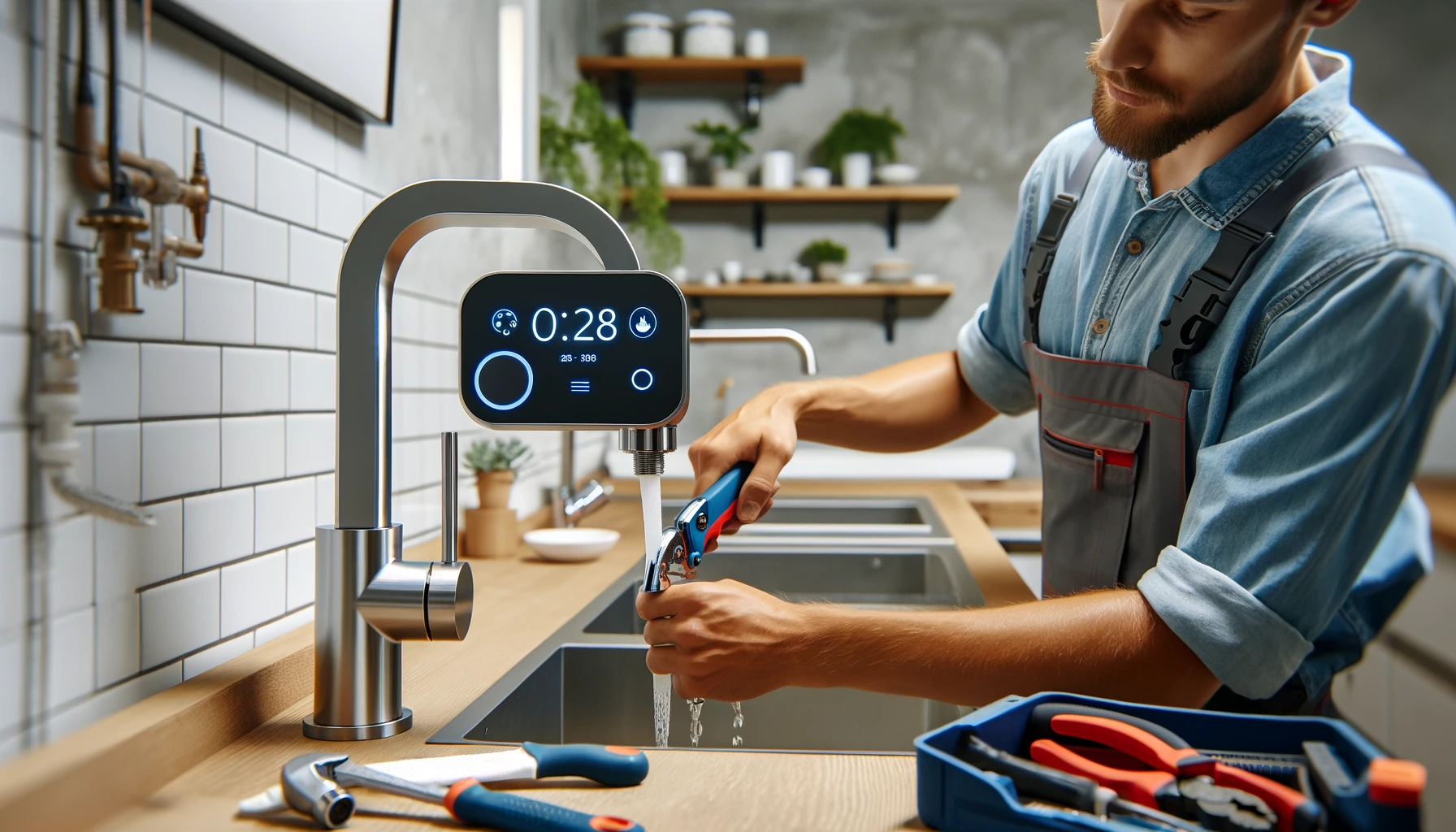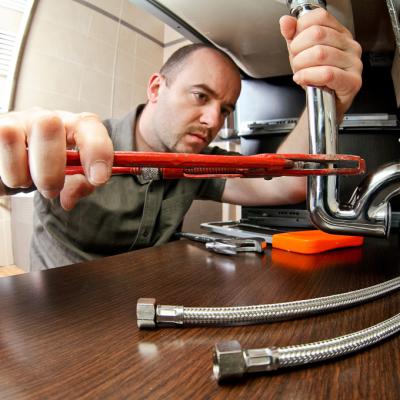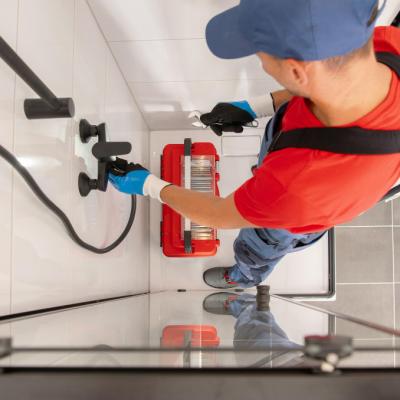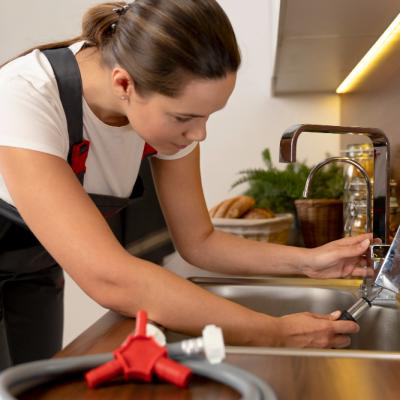The plumbing industry is undergoing significant changes as new regulations aimed at enhancing water efficiency come into effect.
These regulations are designed to address the growing concerns about water conservation and sustainability. This article will delve into the specifics of these new regulations, their implications for the plumbing industry, and how plumbers can adapt to ensure compliance.
Background on Water Efficiency Concerns
Water scarcity is a pressing global issue, exacerbated by climate change and population growth. In many regions, water demand is outstripping supply, leading to severe shortages. Governments and environmental organizations are advocating for more efficient use of water resources to mitigate these challenges. As a result, new regulations targeting water efficiency in plumbing systems are being introduced.
Overview of the New Regulations
The new regulations focus on several key areas:
- Water-Saving Fixtures: The regulations mandate the use of water-saving fixtures, such as low-flow toilets, faucets, and showerheads. These fixtures are designed to reduce water usage without compromising performance.
- Efficient Plumbing Systems: Plumbing systems must be designed to minimize water wastage. This includes optimizing pipe layouts to reduce water loss and ensuring proper insulation to prevent leaks.
- Leak Detection and Prevention: Advanced leak detection technologies must be integrated into plumbing systems. These technologies can identify leaks early and prevent significant water loss.
- Greywater Recycling: The regulations encourage the use of greywater recycling systems, which reuse water from sinks, showers, and laundry for non-potable purposes, such as irrigation.
Implications for the Plumbing Industry
The new regulations have far-reaching implications for the plumbing industry. Plumbers must stay informed about the latest requirements and adjust their practices accordingly. Here are some of the key impacts:
- Training and Education: Plumbers need to undergo training to understand the new regulations and learn about water-efficient technologies. This includes familiarizing themselves with the installation and maintenance of water-saving fixtures and systems.
- Compliance and Inspections: Plumbing projects must adhere to the new standards, and inspections will be more stringent. Plumbers need to ensure their work meets all regulatory requirements to avoid penalties.
- Increased Demand for Eco-Friendly Solutions: With the focus on water efficiency, there is a growing demand for eco-friendly plumbing solutions. Plumbers who offer sustainable products and services will have a competitive edge.
- Cost Considerations: While water-saving fixtures and technologies may have higher upfront costs, they offer long-term savings on water bills. Plumbers should educate customers about the cost benefits of adopting these solutions.
Adapting to the New Regulations
To adapt to the new regulations, plumbers can take several proactive steps:
- Stay Informed: Keep up-to-date with the latest regulations and industry trends. Join professional associations, attend workshops, and participate in online forums to stay connected with the plumbing community.
- Invest in Training: Enroll in training programs that focus on water-efficient technologies and best practices. This will ensure you have the necessary skills to comply with the new regulations.
- Promote Eco-Friendly Solutions: Highlight the benefits of water-saving fixtures and systems to your customers. Educate them about the environmental and financial advantages of adopting these technologies.
- Upgrade Equipment: Invest in modern tools and equipment that support the installation and maintenance of water-efficient systems. This will enhance your ability to deliver high-quality, compliant plumbing services.
- Collaborate with Manufacturers: Partner with manufacturers of water-saving fixtures and technologies. This can provide you with access to the latest products and technical support.
Conclusion
The new plumbing regulations aimed at ensuring water efficiency represent a significant shift in the industry. By embracing these changes, plumbers can contribute to water conservation efforts while also positioning themselves for success in a rapidly evolving market. Staying informed, investing in training, and promoting eco-friendly solutions are key strategies for adapting to these new regulations. As the industry moves towards greater sustainability, plumbers play a crucial role in shaping a more water-efficient future.












